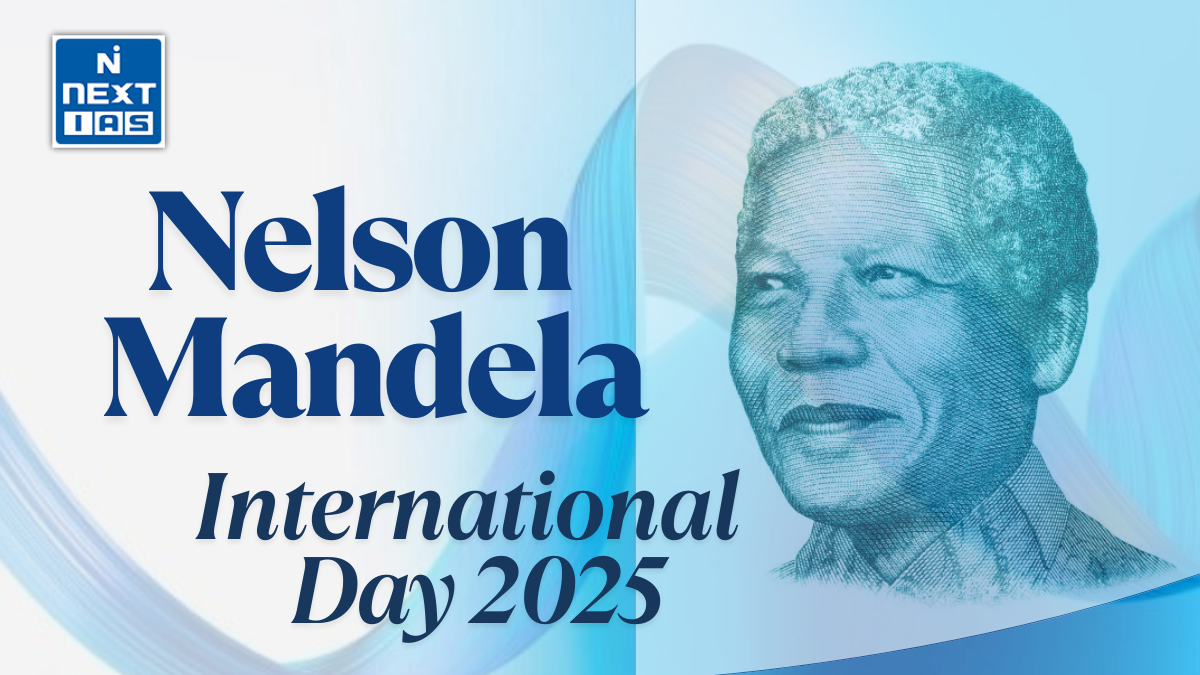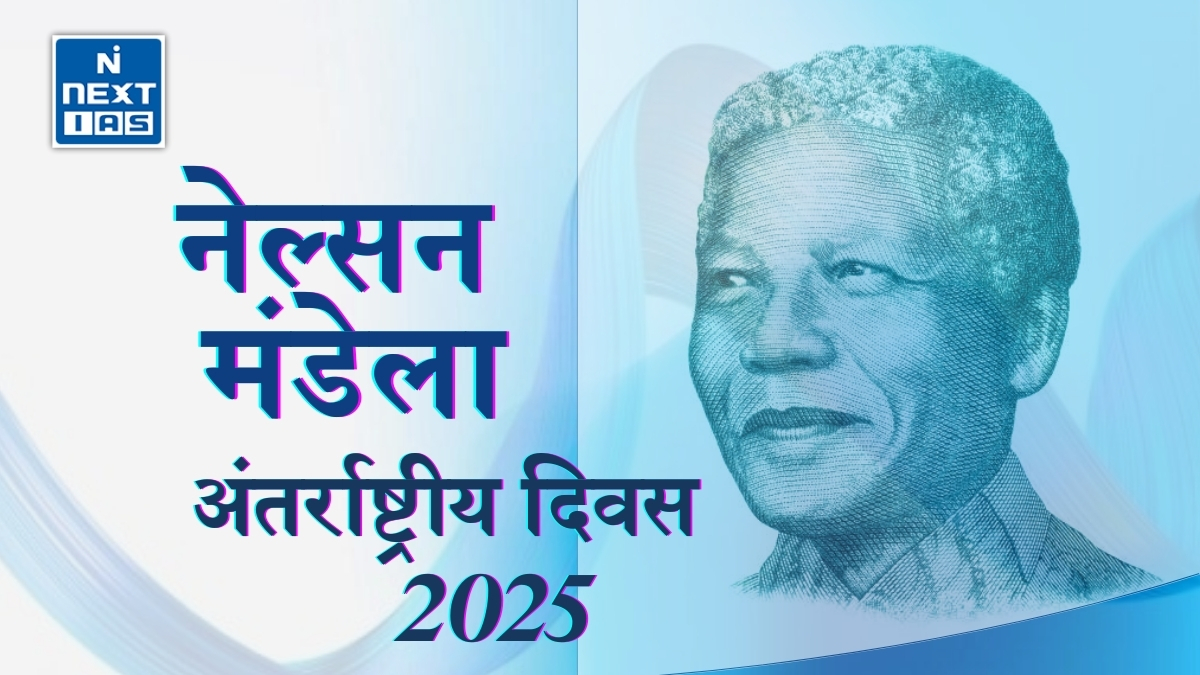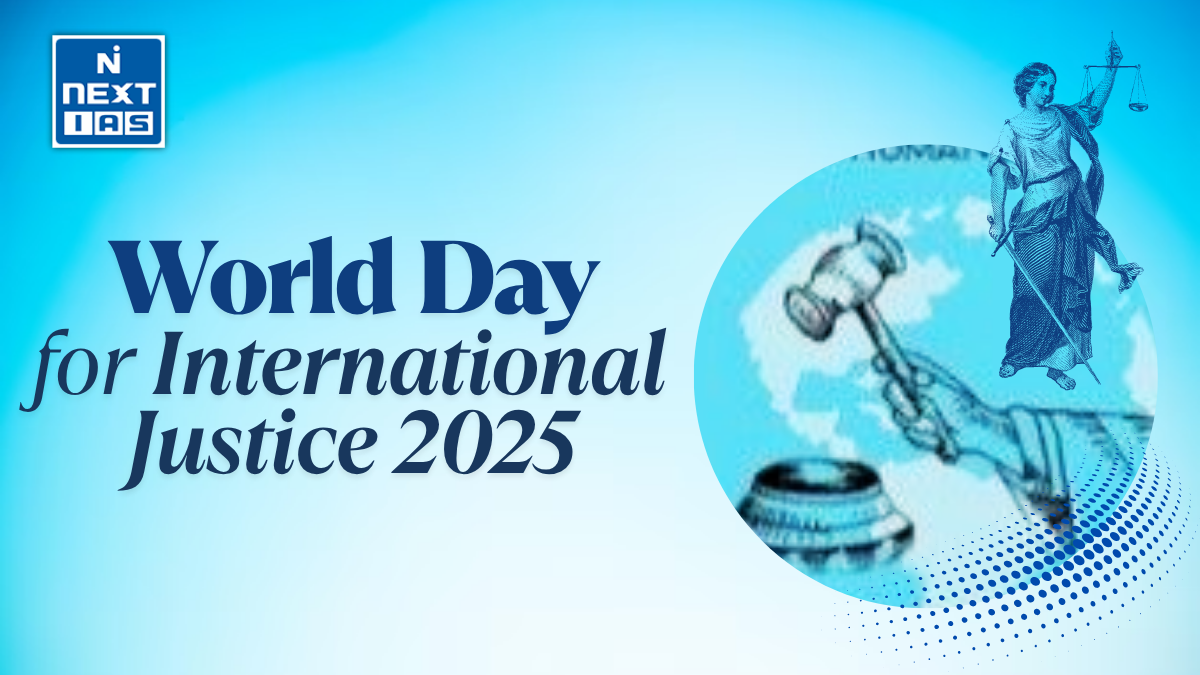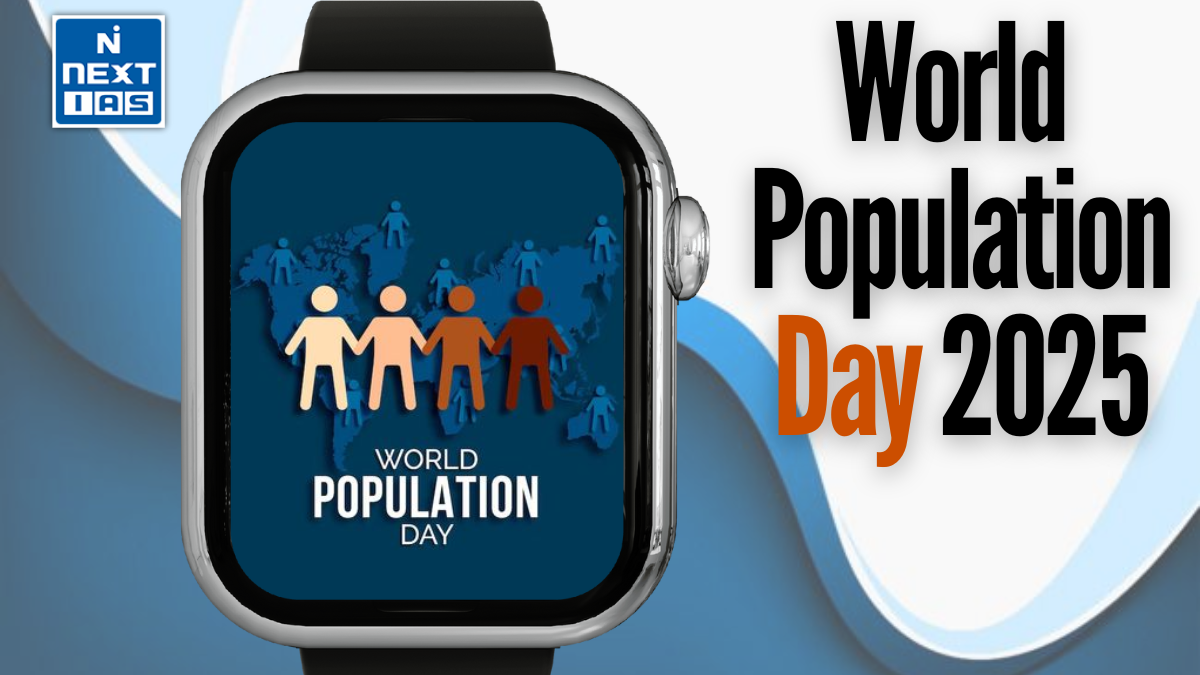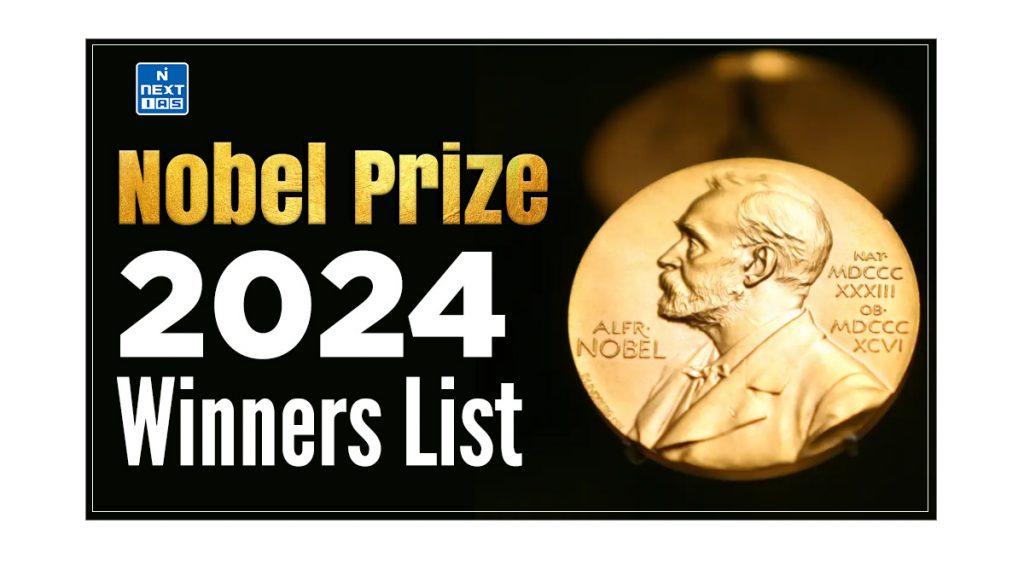
The Nobel Prize 2024 Winners List recognizes outstanding individuals and organizations that have made significant contributions across various fields. This recognition not only honors their achievements but also inspires future generations to strive for excellence and innovation. This article aims to study in detail the Nobel Prize 2024 laureates, their groundbreaking work, and the impact of their contributions on society.
What is Nobel Prize?
- The Nobel Prize is a set of prestigious international awards given annually in several categories, including Peace, Literature, Chemistry, Physics, Medicine, and Economic Sciences.
- Established by the will of Alfred Nobel in 1895, the prizes recognise significant contributions to humanity in these fields.
- Recipients, known as Nobel laureates, receive a medal, a diploma, and a monetary award.
- The prizes aim to honour those who have made impactful advancements or promoted peace and goodwill.
History of Nobel Prize
The history of the Nobel Prize can be outlined through the following key milestones:
Early Life and Contributions of Alfred Nobel
- Alfred Nobel was born on October 21, 1833, in Stockholm, Sweden. He was a chemist, engineer, inventor, and philanthropist best known for inventing dynamite.
- Despite his success and wealth, Nobel was deeply concerned about the impact of his inventions on warfare and humanity.
- He held over 350 patents and was a man of varied interests, including literature and science.
- His inventions significantly advanced construction and demolition techniques but also facilitated more destructive uses in warfare.
Reasons Behind Establishing the Nobel Prize
- In 1888, following the death of his brother Ludvig, a French newspaper mistakenly published an obituary for Nobel, labeling him as “the merchant of death” due to his invention of dynamite.
- This prompted Nobel to reflect on his legacy and the potential consequences of his work.
- He wanted to be remembered for contributing positively to society.
- In his will, drafted in 1895, he dedicated the majority of his fortune to establish the Nobel Prizes, intending to reward those who had conferred the greatest benefit to humanity in various fields: Physics, Chemistry, Medicine, Literature, and Peace.
First Nobel Prizes Awarded in 1901
- The first Nobel Prizes were awarded on December 10, 1901, in ceremonies held in Stockholm, Sweden, and Oslo, Norway (for the Peace Prize).
- These inaugural awards were a significant milestone, honoring individuals whose work had profound impacts on humanity.
- The prizes were presented in the categories established by Nobel’s will, reflecting his vision of recognizing excellence in diverse fields.
Nobel Prize Award Process
The selection process for all Nobel Prizes follows a similar structure, with variations primarily in who is eligible to submit nominations.
Stage 1: Nomination Process
- Each year in September, the Nobel Committee sends nomination forms to approximately 3,000 individuals, which includes prominent academics actively engaged in relevant fields.
- For the Peace Prize, nominations are also solicited from governments, former Peace Prize winners, and current or former members of the Norwegian Nobel Committee.
- Nomination forms must be submitted by January 31 of the award year. From these nominations and additional recommendations, the Nobel Committee selects around 300 candidates.
- The identities of the nominees and the fact that they are under consideration remain confidential. Records of nominations are sealed for 50 years following the awarding of the prize.
Stage 2: Selection Process
- The Nobel Committee compiles a report that includes recommendations from subject-matter experts, which is then submitted to the prize-awarding organizations along with the list of preliminary candidates.
- The six prizes are awarded by four organizations:
- Royal Swedish Academy of Sciences: Chemistry, Physics, Economic Sciences
- Nobel Assembly at the Karolinska Institute: Physiology/Medicine
- Swedish Academy: Literature
- Norwegian Nobel Committee: Peace
- Each organization uses a majority vote to determine the laureate(s) in their respective fields.
- The decision is announced immediately and cannot be contested.
- A maximum of three laureates and two distinct works may be recognized for each award.
- While most awards are given to individuals, the Peace Prize can be awarded to organizations as well.
- Moreover, winners are typically announced in the first two weeks of October.
Stage 3: Award Ceremonies
- The award ceremonies take place on December 10, known as “Nobel Day,” marking the death anniversary of Alfred Nobel.
- The main ceremony is held at the Stockholm Concert Hall in Sweden, where prizes for Economic Sciences, Literature, Physiology or Medicine, Physics, and Chemistry are presented.
- The Nobel Peace Prize ceremony occurs in Oslo and is conducted by the Norwegian Nobel Committee.
Categories of Nobel Prize
The different categories of Nobel Prize are discussed below:
- Nobel Prize in Physics: The Nobel Prize in Physics recognizes outstanding contributions to the field of physics, celebrating discoveries that enhance our understanding of the universe.
- Notable laureates include Albert Einstein for his theory of relativity and Marie Curie for her work on radioactivity.
- Nobel Prize in Chemistry: The Nobel Prize in Chemistry honors significant advancements in chemical sciences, encouraging innovation and research that drive progress.
- Key laureates include Linus Pauling for his research on chemical bonds and Ahmed Zewail for his work in femtochemistry.
- Nobel Prize in Medicine: The Nobel Prize in Medicine recognizes groundbreaking discoveries that have transformed our understanding of human health and disease.
- Early recipients include Emil von Behring for developing serum therapy and more recent laureates like Tu Youyou for discovering artemisinin to treat malaria.
- Nobel Prize in Literature: The Nobel Prize in Literature celebrates exceptional literary work that reflects the human experience and contributes to cultural discourse.
- Laureates include Gabriel García Márquez for his magical realism and Toni Morrison for her powerful narratives on the African American experience.
- Nobel Peace Prize: The Nobel Peace Prize is awarded to individuals or organizations that have made significant contributions to the promotion of peace and resolution of conflicts.
- Notable recipients include Martin Luther King Jr. for his civil rights activism and Malala Yousafzai for her advocacy for girls’ education.
- Nobel Prize in Economic Sciences: The Nobel Memorial Prize in Economic Sciences recognizes influential research and contributions to the field of economics.
- Established in 1968, it has honored economists like Paul Samuelson for his work in economic theory and Amartya Sen for his contributions to welfare economics and poverty alleviation.
Nobel Prize 2024 List
The announcements for the Nobel Prize 2024 Winners List has been made, the details of which are discussed below:
Nobel Prize 2024 Physics
- Recipient: John Hopfield and Geoffrey Hinton
- Achievement: John Hopfield and Geoffrey Hinton have been awarded for their foundational discoveries and inventions that have paved the way for machine learning through artificial neural networks.
- Their work has significantly advanced the field, leading to transformative applications in artificial intelligence.
Nobel Prize 2024 Chemistry
- Recipient: David Baker, Demis Hassabis, and John Jumper
- Achievement: David Baker is recognized for his contributions to computational protein design, while Demis Hassabis and John Jumper are honored for their advancements in protein structure prediction.
- Their work has significantly impacted the understanding of protein functions and has implications for various fields, including medicine and biotechnology.
Nobel Prize 2024 Medicine
- Recipient: Victor Ambros and Gary Ruvkun
- Achievement: Victor Ambros and Gary Ruvkun recognized for their groundbreaking discovery of microRNA and its crucial role in gene regulation.
- Their research has transformed our understanding of genetic control mechanisms and has significant implications for developmental biology and disease research.
Nobel Prize 2024 Literature
- Recipient: Han Kang
- Achievement: Han Kang awarded for her intense poetic prose that confronts historical traumas and reveals the fragility of human life.
- Her powerful narratives explore profound themes of existence, memory, and resilience, resonating deeply with readers.
Nobel Prize 2024 Peace
- Recipient: Nihon Hidankyo
- Achievement: Nihon Hidankyo honored for its relentless efforts to create a world free of nuclear weapons and for demonstrating through witness testimony the imperative that nuclear weapons must never be used again.
- Their advocacy emphasizes the importance of peace and the devastating consequences of nuclear warfare.
Nobel Prize 2024 Economic Sciences
- Recipients: Daron Acemoglu, Simon Johnson, and James Robinson
- Achievement: Daron Acemoglu, Simon Johnson, and James Robinson awarded for their studies on how institutions are formed and how they influence prosperity.
- Their research has significantly enhanced our understanding of the relationship between political and economic institutions and their impact on development and inequality.
Significance of Nobel Prize
The Nobel Prize holds significant importance for several reasons:
- Recognition of Excellence: The prizes honor individuals and organizations that have made extraordinary contributions to humanity in fields such as physics, chemistry, medicine, literature, and peace. This recognition encourages ongoing innovation and excellence.
- Inspiration for Future Generations: By highlighting groundbreaking work, the Nobel Prize inspires future researchers, writers, and activists to pursue their passions and contribute positively to society.
- Promotion of Peace and Humanity: The Nobel Peace Prize, in particular, emphasizes the importance of resolving conflicts and promoting peace, serving as a reminder of the ongoing struggles for justice and humanitarian efforts worldwide.
- Interdisciplinary Impact: The prizes span various disciplines, fostering collaboration and dialogue between fields such as science, literature, and social justice, and highlighting the interconnectedness of human knowledge.
- Cultural Legacy: The Nobel Prize contributes to the cultural and intellectual heritage of society, bringing attention to significant achievements that shape our understanding of the world.
- Global Awareness: The international recognition of laureates raises awareness of critical global issues, from scientific advancements to social justice, prompting discussions and actions that can lead to meaningful change.
Criticism of Nobel Prize
Despite being hailed as the most prestigious awards in various fields, the Nobel Prizes face several criticisms that highlight areas for improvement. Some key points of constructive criticism of Nobel Prize are:
- Criticism of the Nobel Peace Prize: The Nobel Peace Prize has been scrutinized for potential political motivations and a sometimes flawed understanding of what constitutes “peace.”
- For instance, the awarding of the prize to Barack Obama in 2009 was viewed as premature, especially given his administration’s military engagements.
- Similarly, Abiy Ahmed’s receipt of the prize in 2019 was later criticized due to subsequent conflicts and human rights violations in Ethiopia.
- Perceived Political Agenda: There are allegations that the Nobel Prize Committees exhibit a political agenda, selectively including or excluding laureates based on their geopolitical significance.
- This is especially evident in the Literature Prize, which has been criticized for its Eurocentric focus.
- Neglected Accomplishments: Notable figures like Mahatma Gandhi, who was nominated multiple times for the Peace Prize but never awarded, raise questions about the criteria for recognition.
- Similarly, Lise Meitner, a pivotal figure in nuclear physics, never received a Nobel Prize despite her significant contributions.
- Western Bias: The overwhelming majority of Nobel laureates have come from Western countries, with over 80% hailing from the U.S., Canada, and Western Europe.
- This raises concerns about a bias that overlooks contributions from the Global South.
- No Posthumous Recognition: The Nobel Prize’s policy against posthumous awards often disregards the significant contributions made by individuals who pass away before receiving recognition.
- This practice may overlook the long-term impact of their work.
Conclusion
The Nobel Prize remains a prestigious symbol of excellence, honoring significant contributions to humanity across various fields. However, criticisms regarding political motivations, representation, and recognition highlight the need for reform. By addressing these issues, the Nobel committees can enhance the awards’ credibility and relevance in a diverse world. Embracing inclusivity and acknowledging overlooked contributions will ensure that the prizes inspire future generations to strive for peace, innovation, and humanitarian progress. Ultimately, the Nobel Prize should reflect the complexity of human achievement and the ongoing pursuit of a better world.
